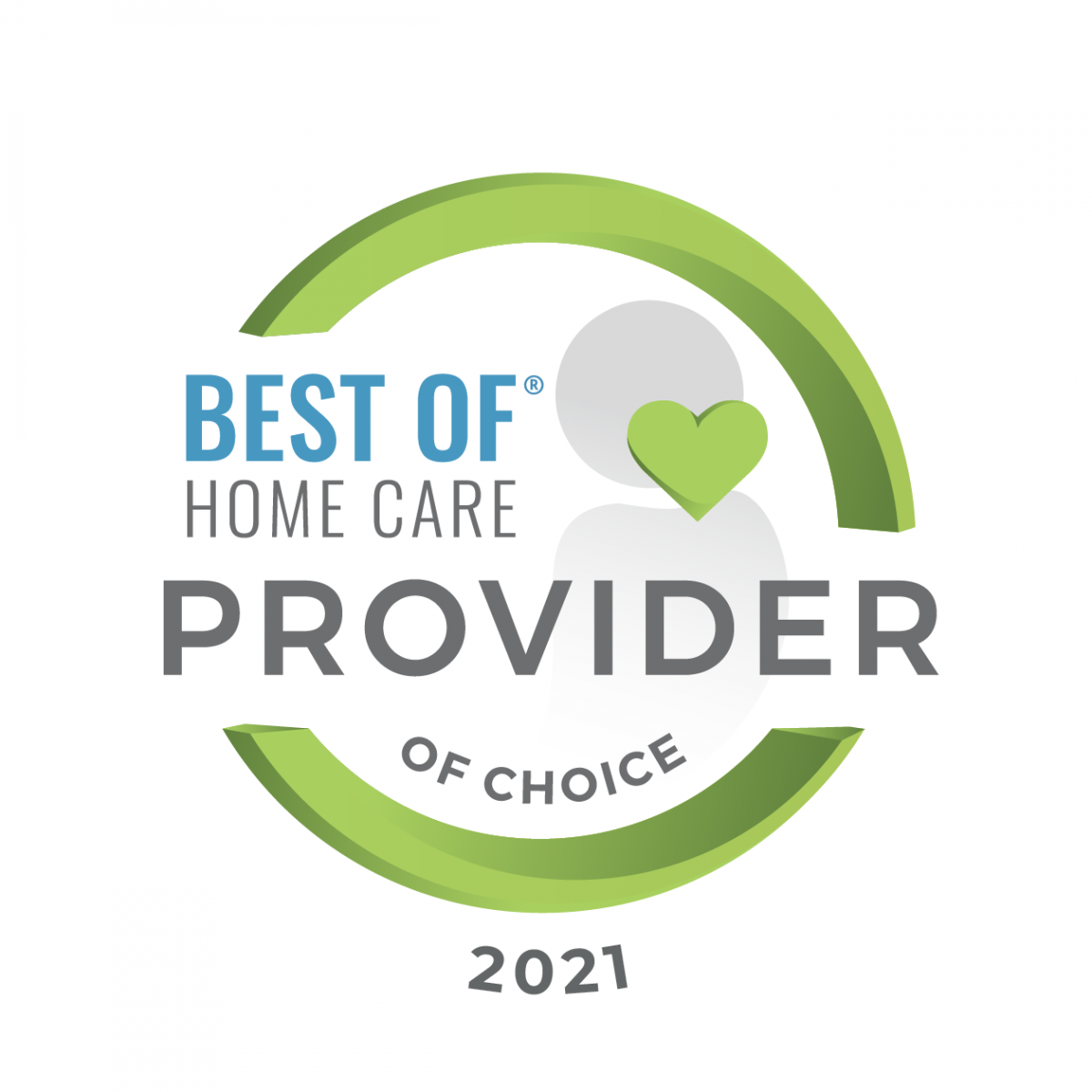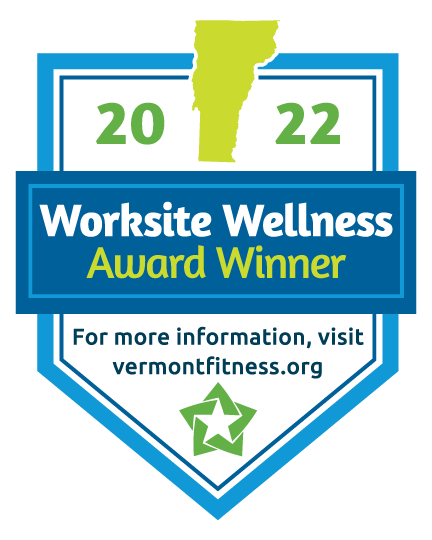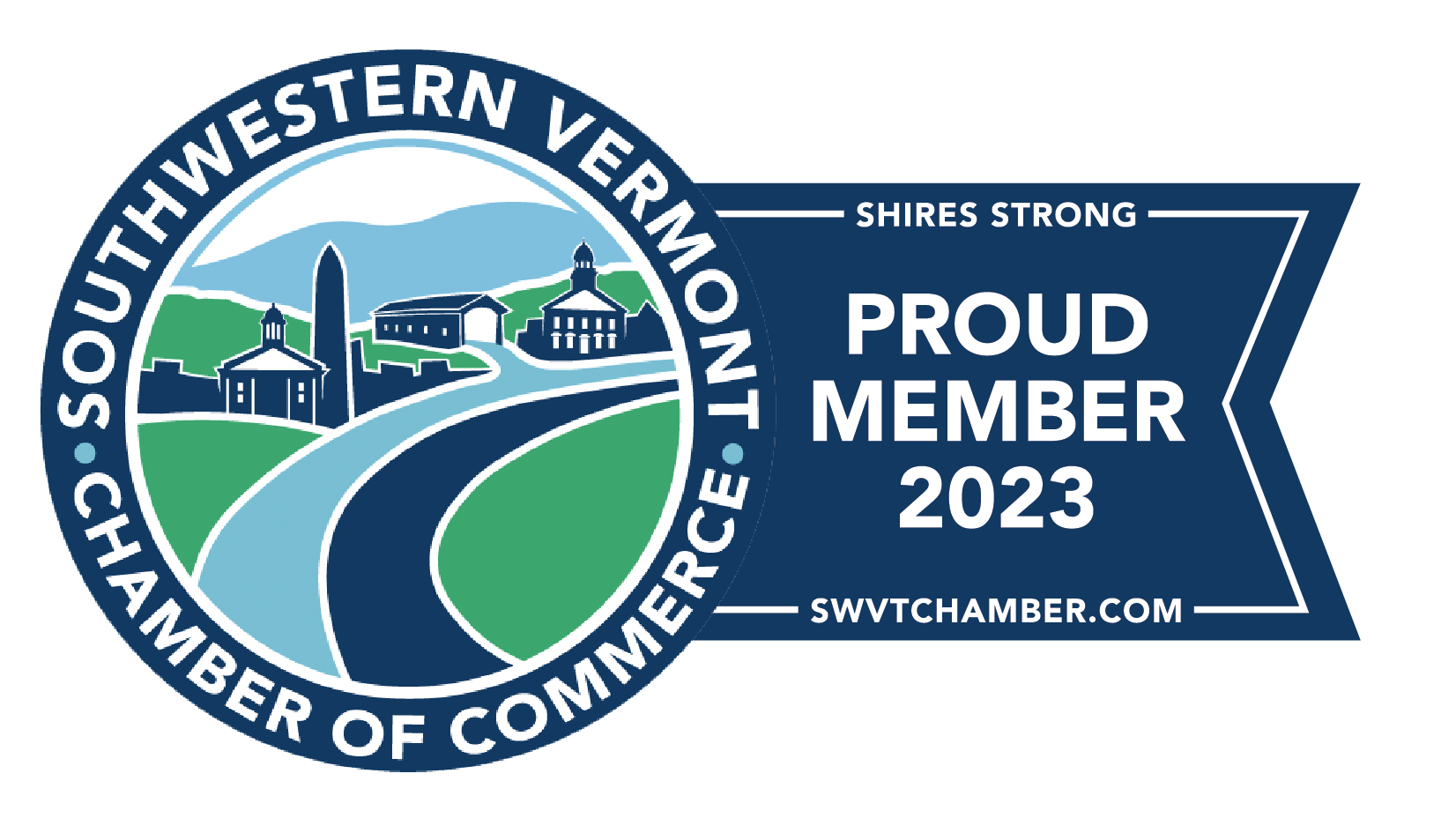What is Coronavirus? How serious is it?
A coronavirus is one of a cluster of diseases named because it resembles a crown when viewed under a microscope. Coronaviruses vary in severity—some producing symptoms similar to a common cold, and others more dangerous, especially to people who are vulnerable because of age or health status. COVID-19, a more severe coronavirus, has recently spread to many countries including to the United States.
What are the symptoms of Coronavirus? Can it be treated?
Those affected may develop a fever, dry cough, fatigue and shortness of breath. Less common symptoms are sneezing and sore throat. Some people have no symptoms at all. While the virus can’t be treated, your symptoms can—for example, some people need help with breathing when they have particularly bad cases. At least 80 percent of infected patients will experience minor symptoms and recover as they would from any cold or flu.
How likely am I to get COVID-19?
Right now, the chance that you have COVID-19 is relatively low if you have not been exposed to the virus and have not traveled to affected areas outside of the country: Iran, South Korea, Japan, Italy or China. If you have recently traveled, please call the Vermont Department of Health (VDH) at 802-863-7240. VDH will be in regular contact with you for 14 days to help you monitor for symptoms.
Should I visit my primary care provide or my hospital emergency department if I think I’m infected?
The best thing to do is call your primary care provider’s office to discuss your symptoms and your risk of having COVID-19. Your doctor may ask you to monitor symptoms and treat your condition as you would a cold or the flu, rather than visiting the office. Don’t contact your local hospital unless you are having trouble breathing. This will help conserve hospital resources.
Should I visit my primary care provide or my hospital emergency department if I think I'm infected?
The best thing to do is call your primary care provider’s office to discuss your symptoms and your risk of having COVID-19. Your doctor may ask you to monitor symptoms and treat your condition as you would a cold or the flu, rather than visiting the office. Don’t contact your local hospital unless you are having trouble breathing. This will help conserve hospital resources.
Do I need to wear a mask? How can I protect myself from the virus?
Healthy individuals do not need to wear masks—a mask won’t protect you. Healthy people wearing masks could cause shortages of masks for those who need them, like health care providers and people who are sick. If you do have symptoms, wearing a mask can help you avoid transmitting the virus to others. You can best prevent the virus spreading the same way you prevent the cold or flu—wash your hands often and for 20 seconds duration, wipe down and disinfect often-used surfaces, cough into your elbow, cover your mouth and don’t touch your face. If you haven’t already gotten a flu shot, do so now. While there is no vaccine for COVID-19, it’s important to keep yourself free of other illnesses that would reduce your resistance should you come into contact with COVID-19.
Why are large gatherings being canceled or moved online? Is it safe to attend large gatherings in Vermont?
The State Emergency Operations Center is working closely with health officials to develop guidance on, and answer questions about, whether large gatherings and events should be canceled due to COVID-19. Some organizations are cancelling events or moving them online. Older adults and people with underlying health conditions may want to consider avoiding big events. Skipping mass gatherings and practicing “social distancing,” even when you are young, feel healthy and/or are at lower risk for complications of COVID-19, can slow the spread of the coronavirus, however. Flattening the epidemic curve (preventing a sharp peak of infections at one time) allows the health care system to better manage the volume of patients. Slowing the spread also provides more time for researchers to increase testing capacity and/or develop vaccine.
When do I decide that I need to stay home or quarantine myself or my family?
It’s never a good idea to go out when you’re sick—whether with COVID-19, the flu or even the common cold. Staying home when you’re sick is a kindness to others. Try to separate yourself from healthy members of your household as well. If you do have COVID-19, your health care provider may suggest that members of your family stay home with you even if they don’t have symptoms.
Can I get a test for the Coronavirus? Should I?
Your physician can help you decide whether to be tested, but in general people who have not been exposed to others with the virus and those with mild symptoms do not need to be tested. If you develop these symptoms, contact your health care provider right away and you may be tested for COVID-19. At this point, all testing is done through the state.
I hear that schools, colleges and universities are canceling school or moving classes online. Will this happen with all schools in our state?
Vermont Health Department and Agency of Education officials continue to work with colleges, universities and other educational institutions on guidance about potential closures of their facilities. You should be prepared for possible school closings—especially at colleges and universities, where students live in close quarters and often share bathrooms, which can increase the spread of the virus.
Are Vermont’s long-term care facilities (nursing homes) ready to respond to COVID-19?
The Health Department is focused on ensuring its most vulnerable populations are protected, and is working to update guidance continuously and address emerging needs of long-term care facilities as new information becomes available.
When do I decide that I need to stay home or quarantine myself or my family?
It’s never a good idea to go out when you’re sick—whether with COVID-19, the flu or even the common cold. Staying home when you’re sick is a kindness to others. Try to separate yourself from healthy members of your household as well. If you do have COVID-19, your health care provider may suggest that members of your family stay home with you even if they don’t have symptoms.
Is the state of Vermont prepared for this? Are my local health care providers equipped with the resources and equipment they need to be ready?
The State Emergency Operations Center is working closely with health officials to develop guidance on, and answer questions about, whether large gatherings and events should be canceled due to COVID-19. Some organizations are cancelling events or moving them online. Older adults and people with underlying health conditions may want to consider avoiding big events. Skipping mass gatherings and practicing “social distancing,” even when you are young, feel healthy and/or are at lower risk for complications of COVID-19, can slow the spread of the coronavirus, however. Flattening the epidemic curve (preventing a sharp peak of infections at one time) allows the health care system to better manage the volume of patients. Slowing the spread also provides more time for researchers to increase testing capacity and/or develop vaccine.
This information is being provided by Vermont Association of Hospitals and Health Systems (VAHHS). VAHHS regularly shares message guidance to help our hospitals coordinate response to common questions and issues so that we consistently and effectively tell our story and share our message.
About the VNA & Hospice of the Southwest Region
Founded in Rutland, Vermont, the VNAHSR has grown to include locations throughout Bennington and Rutland Counties. VNAHSR is a non-profit, Medicare-certified home health and hospice agency delivering a wide range of advanced medical care with compassion, dependability, and expertise to people of all ages.
With office locations in Bennington, Dorset, Manchester, and Rutland, we have over 300 trusted health professionals and caregivers committed to providing exceptional care to patients and families.
Proud of our national reputation for quality care, VNAHSR is highly rated for Quality of Patient Care and Patient Satisfaction from the Centers for Medicare & Medicaid Services and is recognized as one of the nation’s top performing home health agencies by HomeCare Elite, a market-leading review that identifies top Medicare-certified agencies.






